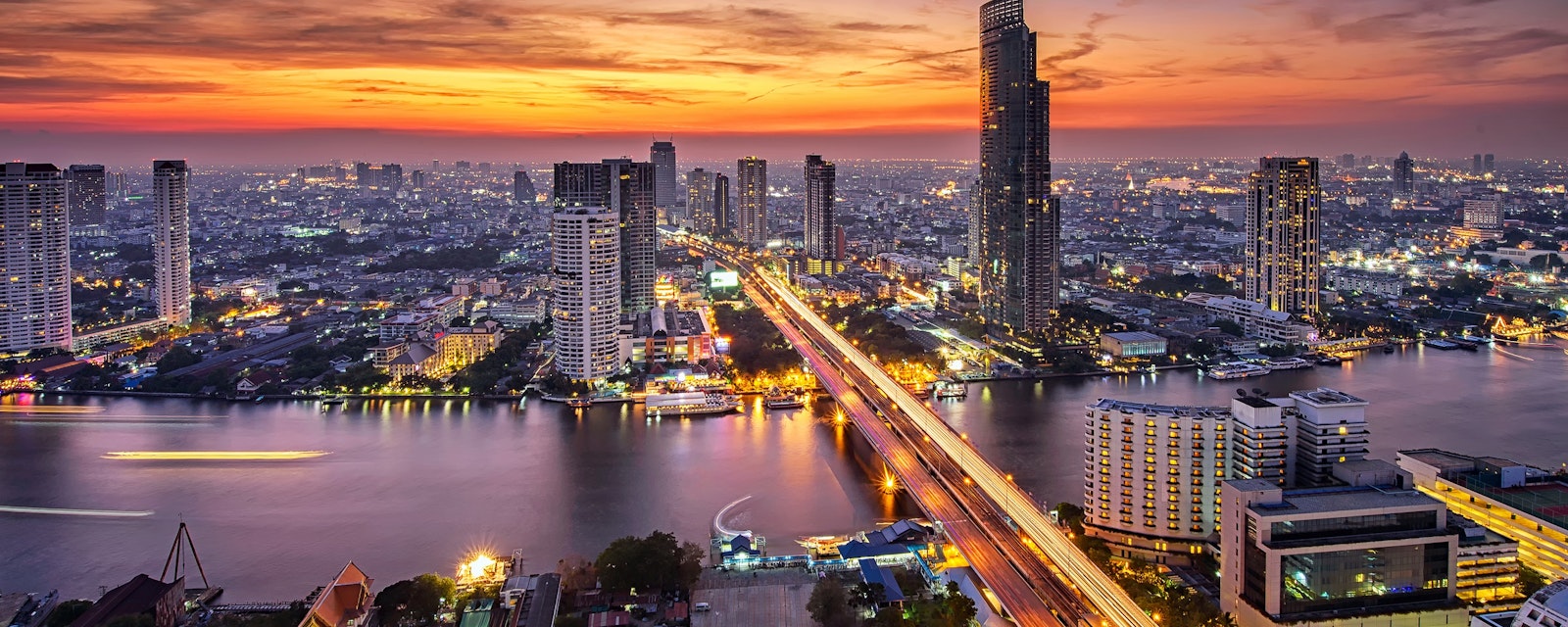The fatality rate for Covid-19 continues to rise in Thailand, but this is unlikely to derail the country’s reopening or affect regional perceptions of the Covid-19 pandemic’s improving trajectory. Both travel and domestic restrictions will likely continue to be maintained or eased even further in the coming weeks in most of Southeast Asia barring a sudden reversal in the broad regional trends.
Governments in Malaysia and Thailand will watch the tens of millions that are likely to travel domestically in early May during the holidays marking the end of Ramadan, in the largest internal movement since the start of Covid-19. Anecdotally, there are no signs that people are changing their behavior in terms of avoiding commercial or business activities, or travel, in reaction to the trend in Thailand or the news of the BA.2 variant spreading quickly across the United States. Governments are likely to focus more on how to improve the uneven uptake of booster shots.
What's Happening in Thailand
Thailand has been seeing a persistent, if volatile, number of new cases per day and an increasing fatality rate over the past few weeks. From around 0.3 deaths per million in early February, when the region’s economies started easing Covid-19 restrictions after the Omicron variant wave, Thailand’s fatality rate now stands at roughly 1.8 per million, slightly less than half of the 3.9 fatalities per million peak that it saw during the Delta variant wave last year. Concern about the seeming persistence of its Covid-19 numbers caused Thailand to temper festivities around the New Year Songkran festival in mid-April.
Nonetheless, with political and business tolerance low for any increase in restrictions (and that the current government is apprehensive that it will be blamed if Thailand is seen as underperforming other countries in the Covid-19 exit), Bangkok will continue to open up the economy. Starting 1 May, foreign tourists will no longer need PCR tests, pre-departure or post-arrival, as had been required under the test-and-go scheme; on-arrival antigen testing will be “recommended” but not required. The number of zones under strict restrictions on alcohol consumption and gatherings is also being reduced, and the hours during which establishments can serve alcohol are being extended to further spur commercial activity.
The Rest of the Region
The trend remains more favorable in other parts of Southeast Asia, where both case and fatality rates have been dropping markedly or remain at low levels. In contrast to Thailand’s 1.8 per million fatality rate, Malaysia’s recent fatality rate is roughly 0.45 per million today, with Vietnam at 0.15, the Philippines at 0.13 and Indonesia at 0.11. In the Philippines, where election rallies have since late February been regularly drawing tens of thousands of participants, the case numbers and fatalities are at their lowest levels since mid-2020, when mobility restrictions were strictest. This is supported by our anecdotal observations that hospitals are not reporting increased bed or ICU use. There are some concerns, however, that internal travel around the Easter holidays in mid-April may result in a spike sometime in May.
In Indonesia and Malaysia, government vigilance will be centered around the exodus of millions to their hometowns at the end of the holy fasting month of Ramadan in early May — a tradition known as “mudik” in Indonesia and “balik kampung” in Malaysia. It will be the first time this will be allowed since the start of the Covid-19 pandemic and by one estimate up to 85mn Indonesians could make the trip. The Indonesian government will require PCR or antigen tests for travelers, except those who have already received their booster shots. This policy is informed by Indonesia’s experience in 2021, when the country suffered its worst spike after the Idul Fitri holidays. In Malaysia, where a larger percentage of the population has received its booster shots, the government is focusing on raising the booster rate for senior citizens intending to travel.





